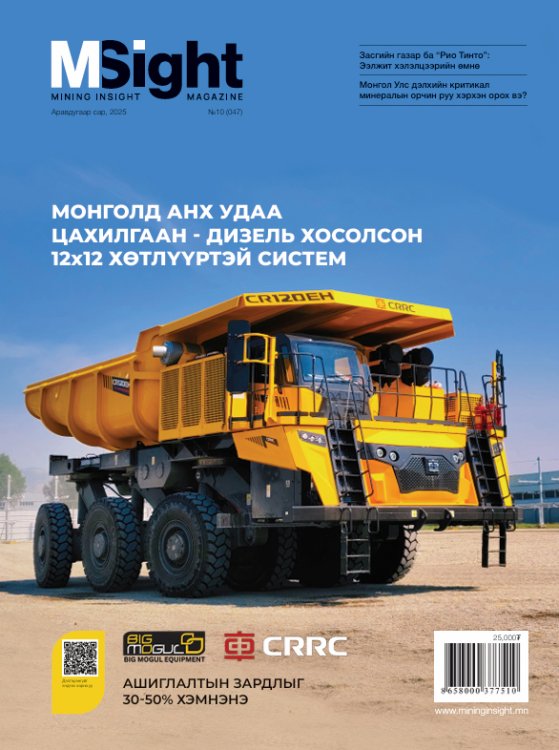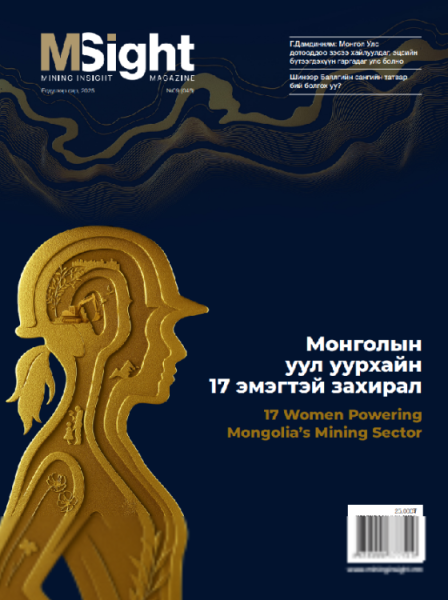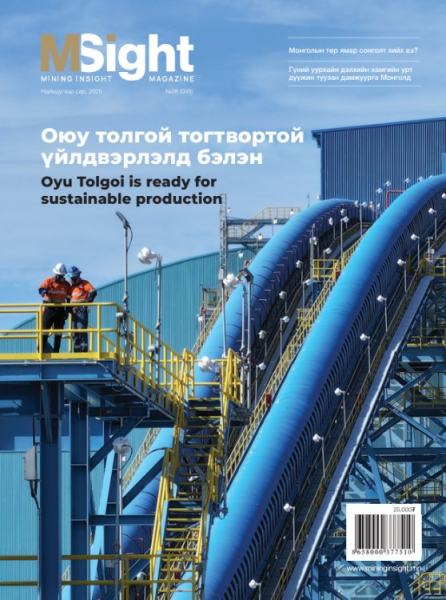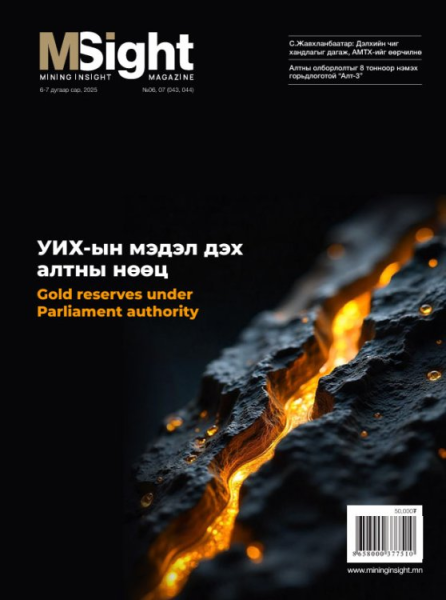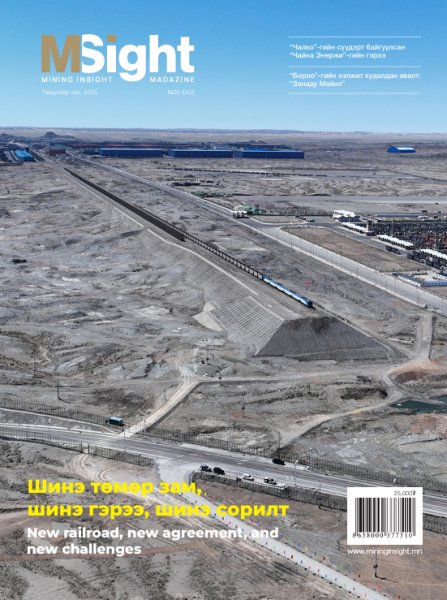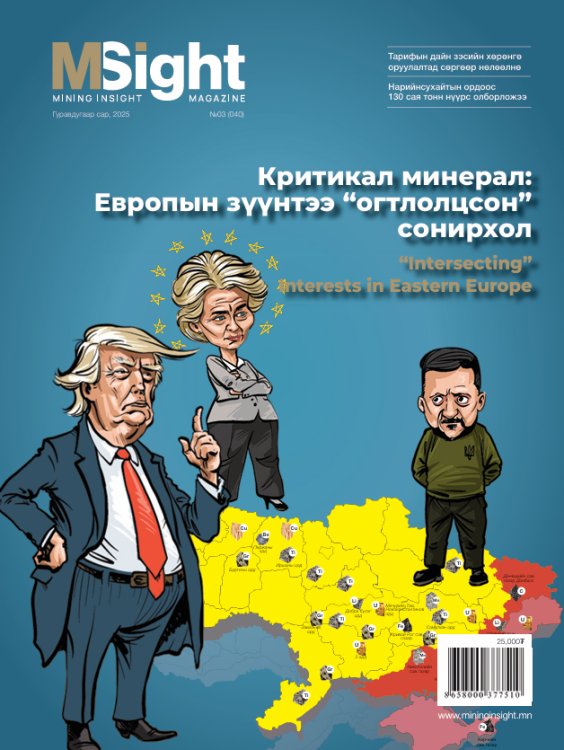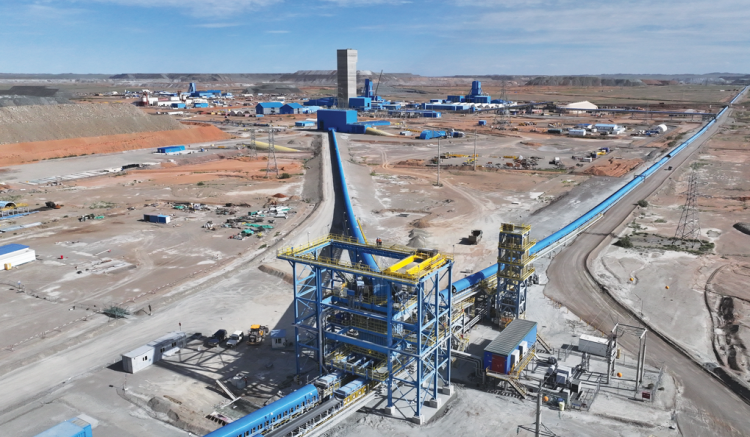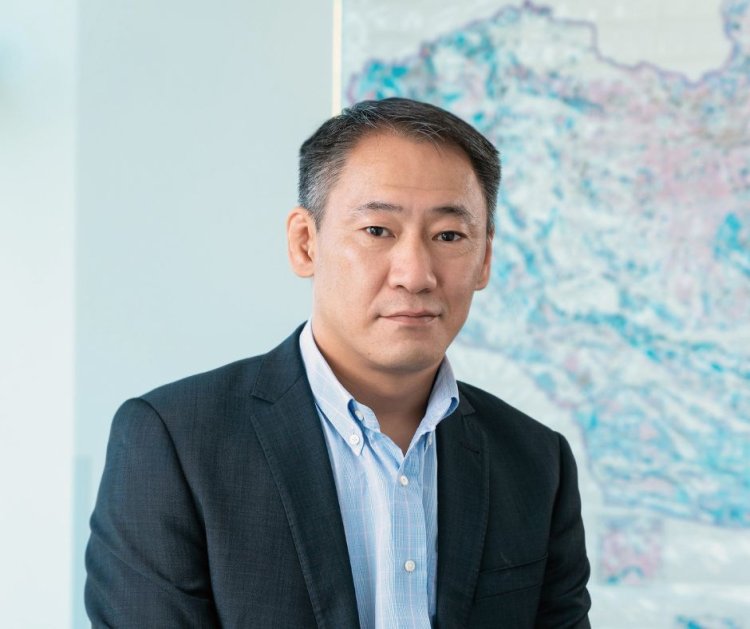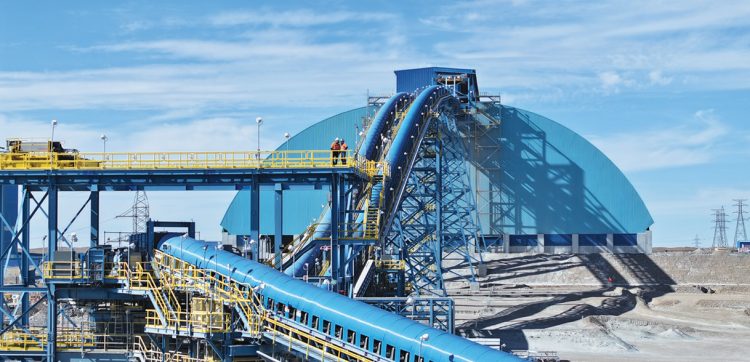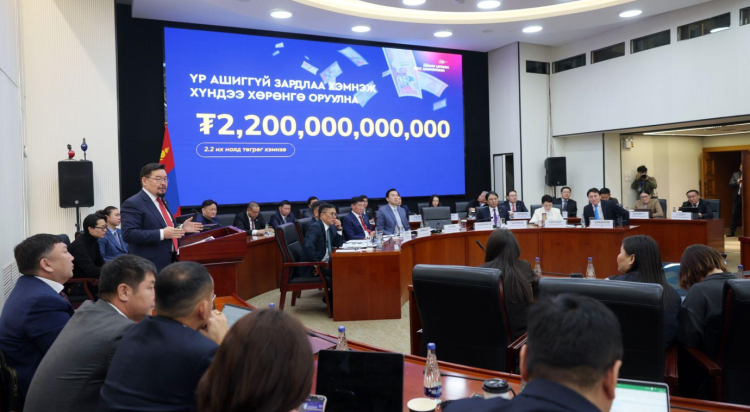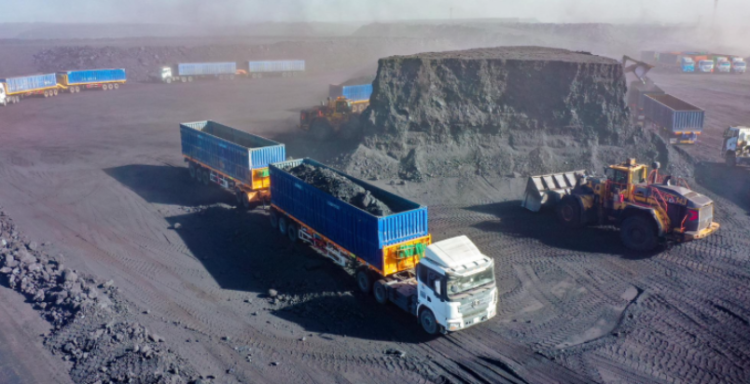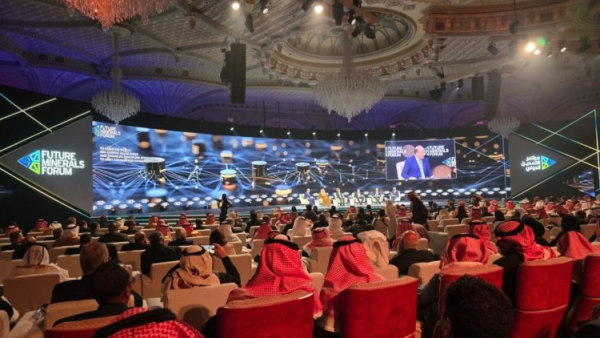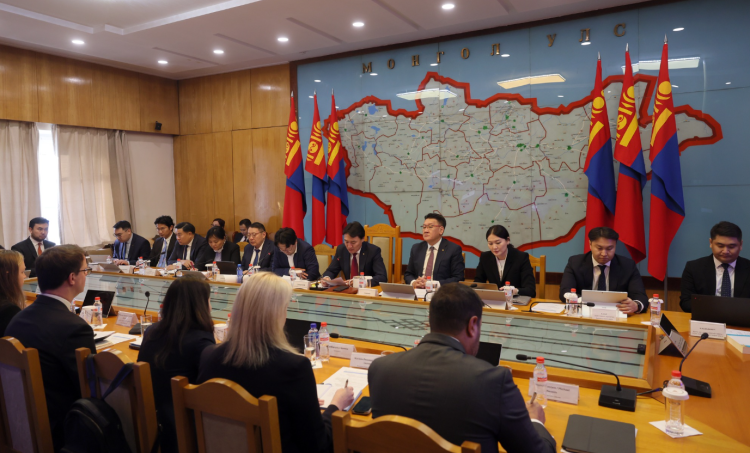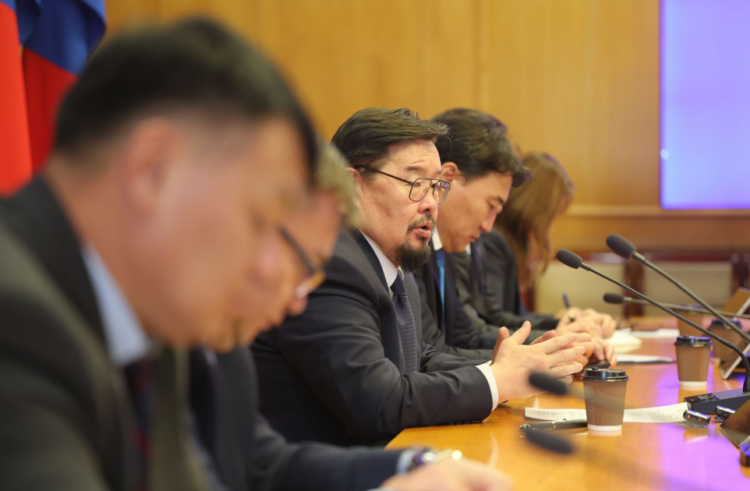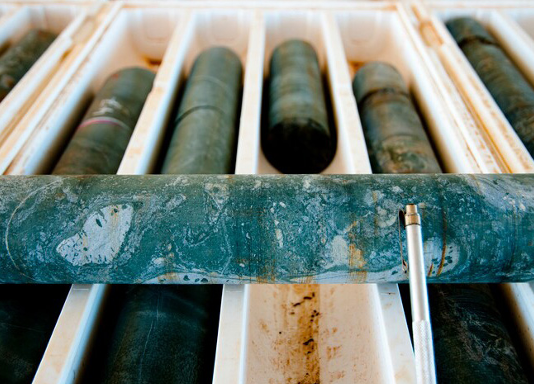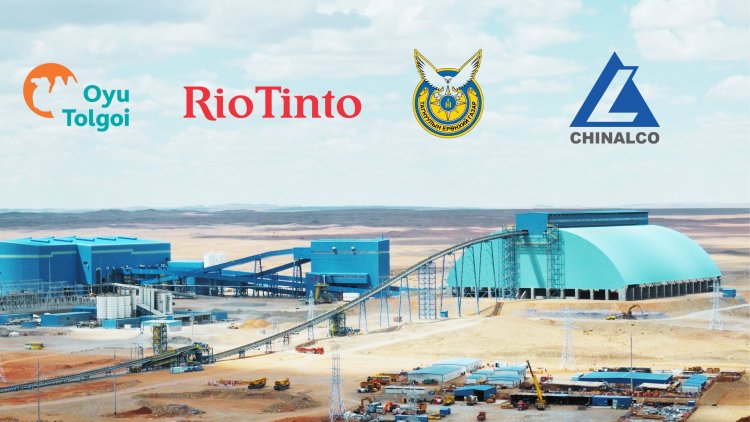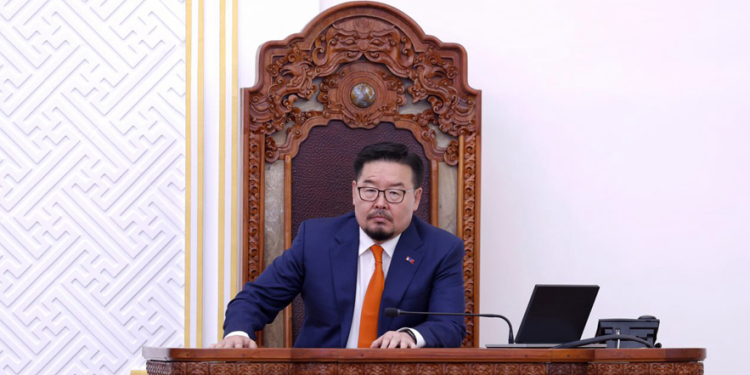
The cabinet has been forced into a tight corner after 15 years and is rushing to conclude two major international agreements. The investment agreement with “Orano Mining” in France and the off-take agreement with “China Energy” are being prepared to be presented to the Parliament for approval. Both agreements have become “headaches” for the cabinet. The “Orano Mining” deal is the first agreement with a Western investor since the Oyu Tolgoi agreement. To finalise the agreement without violating any laws, an urgent amendment to the Atomic Energy Law was made in November. The key change was to replace the mandatory 34% ownership clause with an option for preferential shares and special royalties. Both parties, including the investors and government officials who are responsible for signing the agreement, have insisted on this change to avoid repeating the mistakes of the Oyu Tolgoi agreement, which was signed 15 years ago. This will make it easier to gain parliamentary approval for the “Orano Mining” deal. It is expected that the parties will sign the agreement at the World Economic Forum in Davos at the end of January next year. After 13 years, the government is negotiating to establish a long-term agreement for the sale of Tavan Tolgoi coal with a state-owned Chinese company. This time, the buyer is “China Energy,” not “Chalco.” The “Chalco” agreement, after paying off the USD 350 million upfront, had a provision for two extensions of 5 years each, whereas this new agreement is planned for 20 years.
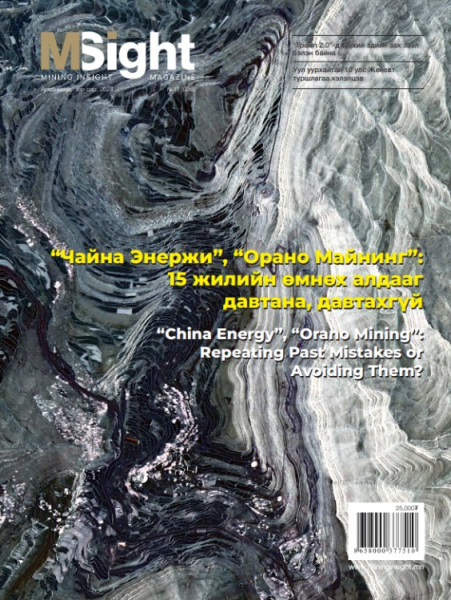 This new deal involves a complex set of factors that need careful consideration and calculation, and it is interesting to see whether the government or “China Energy” is pushing for it. The draft of this agreement is not yet finalised, and only preliminary details have emerged in the letters received from “China Energy.” Compared to the “Orano” agreement, this deal will require much more difficult terms and compromises. Thirteen years ago, the government was motivated by a mix of interests, including successfully launching the Tavan Tolgoi project, fulfilling campaign promises, and seeking money. However, the current situation is quite different, and it seems more reasonable to approach the proposal from “China Energy” carefully. If the government believes it is better to rely on a long-term agreement, it would likely be more beneficial and less risky to solidify the deal now. As the government prepares to sign two major mining agreements, changes are occurring in the international commodities market. With Donald Trump being reelected as President, China’s market has already begun to experience its first warning signs.
This new deal involves a complex set of factors that need careful consideration and calculation, and it is interesting to see whether the government or “China Energy” is pushing for it. The draft of this agreement is not yet finalised, and only preliminary details have emerged in the letters received from “China Energy.” Compared to the “Orano” agreement, this deal will require much more difficult terms and compromises. Thirteen years ago, the government was motivated by a mix of interests, including successfully launching the Tavan Tolgoi project, fulfilling campaign promises, and seeking money. However, the current situation is quite different, and it seems more reasonable to approach the proposal from “China Energy” carefully. If the government believes it is better to rely on a long-term agreement, it would likely be more beneficial and less risky to solidify the deal now. As the government prepares to sign two major mining agreements, changes are occurring in the international commodities market. With Donald Trump being reelected as President, China’s market has already begun to experience its first warning signs.
The Mongolian economy and mining sector will closely monitor how the situation unfolds, as both coal exports and copper prices are directly affected. However, international analysts highlight that China and the commodities market were already preparing for “Trump 2.0.” One thing is clear: this year, the price of Mongolian coal exports has decreased by around 30%, and analysts unanimously agree that prices will continue to decline next year. China’s steel production reached its peak during these years, and coking coal and iron ore producers are hopeful for sustained demand. In these critical times for the market, we hope that the two agreements the government is negotiating will benefit Mongolia’s economy.
The Mining Insight magazine team actively participated in mining events in Switzerland and Australia in October and November. The team attended the global event of the Environmental Governance Program (EGP) in Geneva, where Mongolia was recognised as a country that successfully implemented environmental governance. The team also covered the 20th annual meeting of the “Mining, Minerals, Metals and Sustainable Development” Government-toGovernment Forum (IGF AGM) and major mining gatherings in Sydney, including IMARC.



